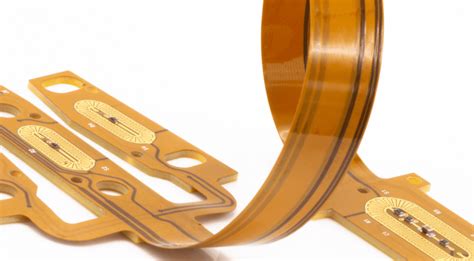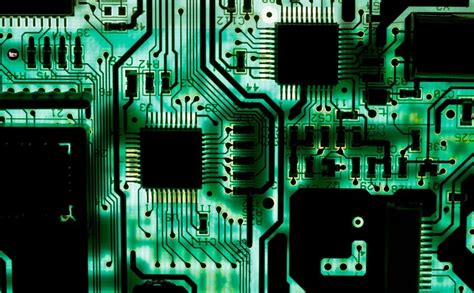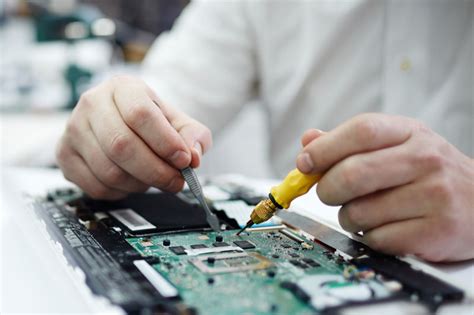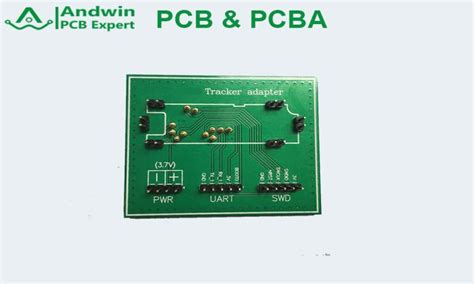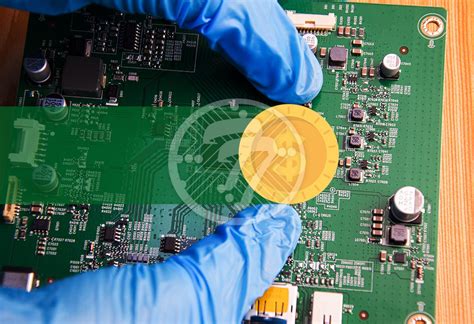Expert Flexible & Rigid-Flex PCB Manufacturing Services
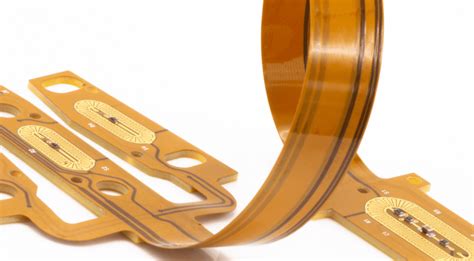
Key Takeaways
When selecting a PCB manufacturing partner, understanding their expertise in flexible and rigid-flex PCBs is critical. Leading PCB manufacturing companies prioritize advanced technologies to streamline designs while managing PCB manufacturing cost through scalable solutions. Whether you need rapid prototyping or high-volume production, partnering with a US-based manufacturer ensures adherence to strict quality standards, reducing risks in your PCB manufacturing business.
"Optimizing rigid-flex PCB designs requires balancing material selection and layer configurations—experienced manufacturers provide tailored guidance to avoid costly revisions."
By leveraging cutting-edge fabrication techniques, suppliers can deliver cost-effective rigid-flex PCBs without compromising durability, even for compact devices. Instant quote systems further accelerate timelines, letting you budget accurately and scale orders efficiently. For projects demanding precision, focus on vendors offering end-to-end support—from design validation to final assembly—to ensure seamless integration into your electronics.
Tip: Always request a design-for-manufacturability (DFM) analysis to identify potential optimizations early, reducing both time and PCB manufacturing cost. Transitioning between prototyping and full-scale production becomes smoother when working with a partner that aligns with your technical and budgetary needs.

Flexible PCB Manufacturing Solutions for Advanced Electronics
When developing cutting-edge electronics, selecting the right PCB manufacturing partner ensures your designs meet performance and reliability demands. Modern flexible PCB manufacturing solutions enable thinner, lighter, and more durable circuits, critical for wearables, medical devices, and aerospace applications. Leading PCB manufacturing companies leverage advanced materials like polyimide to achieve bend radii under 1mm while maintaining signal integrity.
Understanding PCB manufacturing cost drivers—such as layer count, material selection, and tolerance requirements—helps optimize budgets without compromising quality. For instance, rigid-flex designs often reduce assembly steps, lowering long-term expenses in high-volume production. Partnering with a PCB manufacturing business that offers rapid prototyping and scalable fabrication streamlines your development cycle, from concept to mass production.
To stay competitive, prioritize suppliers with expertise in *high-density interconnects (https://www.andwinpcba.com) that break down design best practices. By aligning with specialists in flexible PCB manufacturing, you secure solutions that push the boundaries of what’s possible in compact, high-performance electronics.
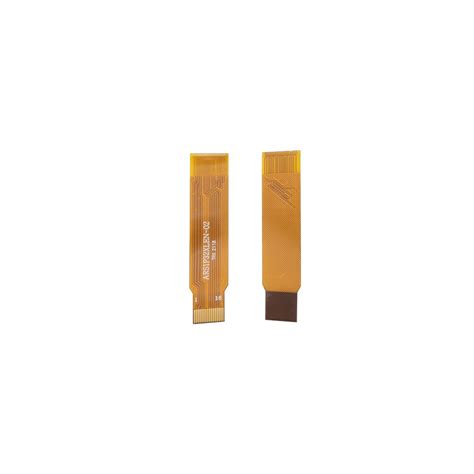
Rapid Prototyping Services for Custom Flex & Rigid-Flex PCBs
When developing advanced electronics, time-to-market often dictates success. Leading PCB manufacturing companies now prioritize rapid prototyping to accelerate design validation, enabling you to test flexible and rigid-flex circuit concepts within days rather than weeks. This approach minimizes PCB manufacturing cost risks by identifying potential flaws early, ensuring your final design meets both performance and budgetary requirements.
By leveraging advanced technologies like laser direct imaging and automated optical inspection (AOI), manufacturers streamline prototyping without compromising precision. These processes support iterative adjustments, allowing you to refine layer stack-ups, material choices, or bend-radius specifications before committing to full-scale production. For startups and established enterprises alike, this agility transforms the PCB manufacturing business model, shifting focus from reactive problem-solving to proactive innovation.
Modern systems integrate instant quoting tools, providing transparent PCB manufacturing pricing based on your project’s complexity, materials, and volume. Whether you need 10 prototypes or 1,000 pre-production units, scalable solutions ensure consistency across batches. With many suppliers offering 24–72-hour turnaround times, you maintain momentum in fast-paced industries like medical wearables or aerospace, where miniaturization and durability are non-negotiable.
To maximize efficiency, partner with firms that combine rapid prototyping with design-for-manufacturability (DFM) feedback. This collaboration optimizes layouts for manufacturability, reducing material waste and avoiding costly redesigns—critical factors when balancing speed and quality in PCB manufacturing.
US-Based Flexible Circuit Board Production & Quality Assurance
When partnering with PCB manufacturing companies in the US, you gain access to facilities that adhere to stringent quality assurance protocols tailored for flexible and rigid-flex circuits. Domestic production minimizes supply chain risks while ensuring compliance with IPC-6013 and ISO 9001 standards, critical for aerospace, medical, and defense applications. Advanced automated optical inspection (AOI) systems and impedance testing guarantee ±2% tolerance control, reducing defects by up to 40% compared to offshore alternatives.
Local PCB manufacturing also streamlines communication, enabling real-time design adjustments during prototyping phases. While PCB manufacturing cost may appear higher initially, reduced shipping delays and import duties often result in 15-20% long-term savings. Leading providers combine lean methodologies with UL-certified materials to balance scalability and precision, whether you need 100 or 10,000 units. This approach strengthens your PCB manufacturing business by delivering reliability without compromising on technical specifications or turnaround timelines.
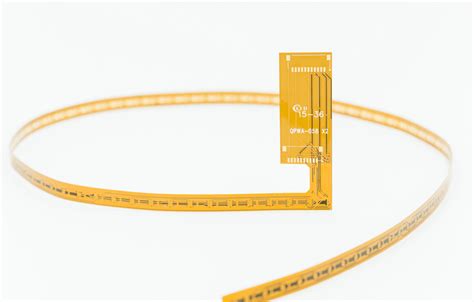
Cost-Effective Rigid-Flex PCB Fabrication for All Volumes
When sourcing PCB manufacturing services, balancing PCB manufacturing cost with performance is critical, especially for rigid-flex designs. Leading PCB manufacturing companies optimize material selection, layer stacking, and production workflows to ensure affordability without compromising reliability. Whether you need low-volume prototypes or high-volume runs, modern fabrication techniques like automated laser drilling and precision etching minimize waste, reducing per-unit expenses.
For smaller batches, modular tooling setups allow manufacturers to avoid upfront investments in custom fixtures. Larger orders benefit from economies of scale, where bulk material purchasing and streamlined assembly lines drive down PCB manufacturing business overheads. Below is a breakdown of cost drivers across production volumes:
| Volume Tier | Key Cost Factors | Typical Savings Levers |
|---|---|---|
| Low (1–100) | Setup fees, material waste | Shared tooling, panelization |
| Medium (100–1k) | Labor, testing | Batch processing, automated QC |
| High (1k+) | Material sourcing, logistics | Bulk discounts, lean workflows |
Advanced PCB manufacturing partners also offer design-for-manufacturability (DFM) analysis to identify cost-reduction opportunities early, such as simplifying bend radii or optimizing copper weights. By aligning your project’s scale with the right fabrication strategy, you can achieve predictable pricing and faster turnaround times—key advantages in today’s competitive electronics landscape.
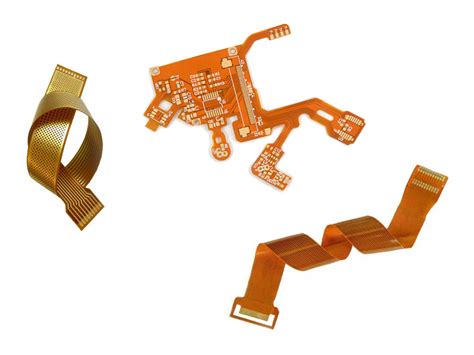
Optimizing Designs With Cutting-Edge Flex PCB Technology
When integrating flexible printed circuit boards into your designs, leveraging simulation-driven design tools ensures optimal performance while minimizing PCB manufacturing cost. Advanced PCB manufacturing companies now employ 3D modeling software to predict mechanical stress, thermal dynamics, and signal integrity before prototyping, reducing iterative delays. By aligning your design parameters with cutting-edge flex PCB technology—such as ultra-thin polyimide substrates or embedded passives—you can achieve higher circuit density without compromising durability.
Collaborating early with PCB manufacturing experts allows you to refine material stacks and layer configurations for cost-efficiency at scale. For instance, adopting rigid-flex hybrid designs simplifies assembly in compact devices, directly impacting PCB manufacturing business profitability by lowering labor and material waste. Real-time design-for-manufacturability (DFM) feedback further streamlines transitions from prototyping to high-volume production.
Transitioning to these methodologies not future-proofs your products but also aligns with industry trends toward miniaturization and IoT integration. As you optimize, consider how dynamic bend radius calculations or laser-drilled microvias could address signal loss in high-frequency applications—key factors when selecting a partner among PCB manufacturing specialists. This approach ensures your designs remain competitive while balancing performance, reliability, and budgetary constraints.
High-Volume Flexible Printed Circuit Board Manufacturing
When scaling your electronics production, partnering with reliable PCB manufacturing companies ensures seamless transitions from prototyping to mass production. High-volume flexible printed circuit board manufacturing demands precision at scale, balancing PCB manufacturing cost efficiencies with uncompromising quality. Advanced automation and optimized workflows allow manufacturers to produce thousands of durable, lightweight flex circuits without sacrificing performance—critical for industries like automotive, medical devices, and consumer electronics.
Your PCB manufacturing business benefits from economies of scale, as bulk material sourcing and streamlined processes reduce per-unit expenses. Trusted manufacturers employ rigorous testing protocols, including automated optical inspection (AOI) and impedance control, to maintain consistency across large batches. Additionally, dynamic supply chain management mitigates delays, ensuring on-time delivery even for complex rigid-flex PCB orders.
By integrating cutting-edge flex PCB technology, high-volume producers minimize material waste and energy consumption, aligning with sustainable practices. Transparent PCB manufacturing cost structures and real-time production tracking let you monitor budgets and timelines effectively. Whether you’re scaling an existing product or launching a new device, leveraging specialized PCB manufacturing expertise ensures your high-volume projects meet both technical and commercial goals.
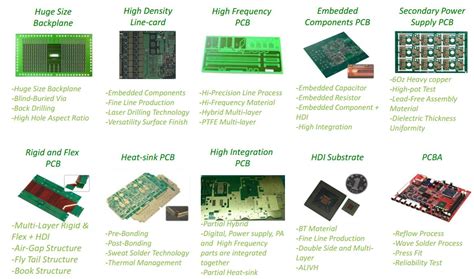
Instant Quote Systems for Fast PCB Prototyping Turnarounds
When you need rapid prototyping for flexible or rigid-flex PCBs, PCB manufacturing companies increasingly rely on instant quote systems to accelerate project timelines. These platforms analyze your design files in real time, factoring in material choices, layer counts, and tolerances to generate accurate PCB manufacturing cost estimates within minutes. By eliminating manual quote requests, you bypass days of back-and-forth communication, compressing lead times while maintaining precision.
Advanced systems integrate with design rule checks (DRCs), flagging potential issues like insufficient bend radii or impedance mismatches before fabrication begins. This proactive approach reduces iterative revisions, ensuring your prototypes meet functional requirements on the first iteration. For low- to mid-volume PCB manufacturing business models, instant quoting also clarifies budgetary constraints early, allowing you to optimize designs for cost-efficiency without sacrificing performance.
The ability to adjust parameters dynamically—such as substrate thickness or copper weight—and see updated pricing instantly empowers engineers to balance durability and cost effectively. Whether you’re testing a novel rigid-flex configuration or scaling a proven design, streamlined quoting aligns with high-speed prototyping demands, keeping your projects agile in competitive markets.
Innovative Rigid-Flex PCB Solutions for Compact Device Integration
When integrating electronics into compact devices, rigid-flex PCBs offer unmatched versatility by combining the durability of rigid boards with the adaptability of flexible circuits. Leading PCB manufacturing companies leverage advanced techniques to create designs that conform to tight spaces, reducing the need for bulky connectors and simplifying assembly. By optimizing layer stacking and material selection, these solutions minimize PCB manufacturing cost while ensuring reliability in high-stress environments like wearables, medical devices, and aerospace systems.
Your design choices directly influence production efficiency. For instance, using polyimide substrates or adhesiveless laminates enhances thermal stability—critical for applications requiring repeated flexing. Partnering with a PCB manufacturing business that specializes in rigid-flex technology ensures seamless transitions between rigid and flexible zones, preventing signal loss or mechanical failure. Modern fabrication tools, such as laser drilling and automated optical inspection, further streamline prototyping and scaling, enabling faster iterations without compromising quality.
Transitioning to rigid-flex designs requires balancing complexity with PCB manufacturing feasibility. Prioritize early collaboration with engineers to refine layouts, material specs, and testing protocols. This proactive approach reduces rework, accelerates time-to-market, and aligns with cost-effective production strategies—whether you’re prototyping or scaling to high volumes.
Conclusion
When selecting a partner for your PCB manufacturing needs, it’s critical to prioritize expertise that aligns with both innovation and reliability. Leading PCB manufacturing companies excel in balancing cost-efficiency with advanced technical capabilities, ensuring your projects stay within budget without compromising quality. Whether you’re addressing PCB manufacturing cost challenges or scaling production for high-volume orders, partnering with a trusted provider streamlines the entire process—from prototyping to final assembly.
By leveraging cutting-edge technologies, top-tier manufacturers optimize designs for flexibility and durability, particularly in applications requiring rigid-flex solutions. This focus on precision not only enhances device performance but also reduces long-term operational risks. For businesses navigating the complexities of the PCB manufacturing business, transparent pricing models and instant quoting systems simplify decision-making, allowing you to allocate resources strategically.
Ultimately, the right manufacturing partner becomes an extension of your engineering team, delivering solutions that adapt to evolving industry demands while maintaining rigorous quality standards. Whether you’re prototyping a compact wearable or scaling up for automotive electronics, prioritizing collaboration with experienced professionals ensures your designs meet both technical and market expectations seamlessly.
FAQs
How do PCB manufacturing processes differ for flexible vs. rigid boards?
Flexible PCBs use polyimide substrates and specialized etching techniques to achieve bendability, while rigid boards rely on fiberglass. Advanced tooling ensures precise layer alignment for rigid-flex PCB solutions, balancing durability and flexibility.
What factors influence PCB manufacturing cost for high-volume orders?
Material selection, layer count, and surface finishes directly impact pricing. Partnering with experienced PCB manufacturing companies helps optimize designs to reduce waste and leverage economies of scale without compromising quality.
Why choose US-based PCB manufacturing business providers for prototyping?
Local facilities streamline communication and compliance with industry standards like IPC-6013. Faster turnaround times for rapid prototyping ensure design flaws are addressed early, saving time and resources in later production stages.
How do PCB manufacturing technologies enhance device integration?
Thin, lightweight flexible circuits enable compact layouts in wearables and medical devices. Laser drilling and automated testing ensure reliability, even in high-stress environments, making them ideal for aerospace and automotive applications.
Can rigid-flex PCBs support both low- and high-volume production runs?
Yes. Reputable manufacturers offer scalable solutions, from small-batch prototypes to mass production. Advanced panelization techniques maximize material usage, keeping PCB manufacturing cost competitive across all order sizes.
Ready to Streamline Your Next Project?
Optimize your designs with expert PCB manufacturing support. Please click here to request an instant quote and explore tailored solutions for your flexible or rigid-flex PCB needs.

